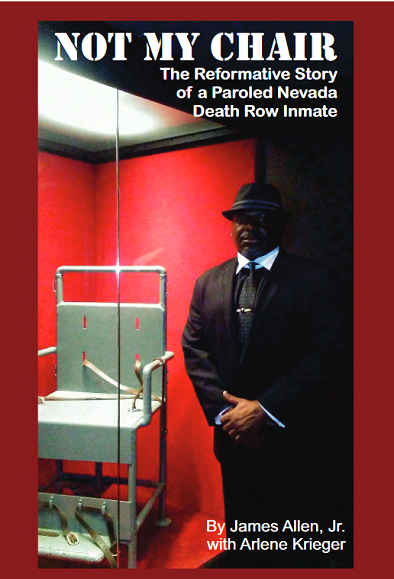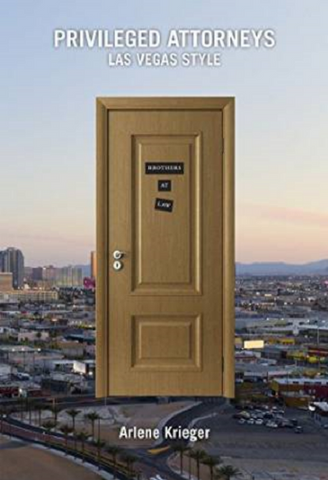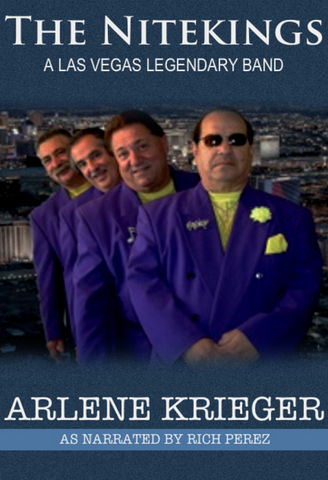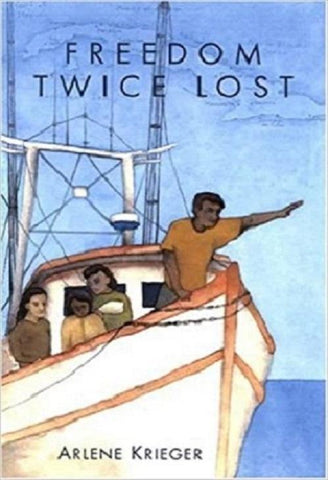

Not My Chair
$13.00
BUY ON AMAZON
Until he was four years old the only white face James ever saw was that of the Sheriff hauling his mother off to jail. He and his two siblings were eye witnesses observing their mother stabbing her boyfriend. Running around the apartment brandishing a butcher knife, she chased the boyfriend out of house and completed the killing at the base of an oak tree in the front yard. There was a trail of blood throughout the apartment ending at the trunk of the tree where her boyfriend slumped down and died. That was when the Sheriff arrived, handcuffed Eliza, ducked her head into the back of the patrol car and sped off.
After a stint in jail, she collected her three children, who had been living with her sister, and the family began again. Vowing to live a life exemplary of her Southern Baptist roots, she traipsed to church each Sunday, joined the choir, obtained a housekeeping position at a casino and doted on her children. Life became routine, and the children felt safe and secure.
James was the middle child who shared his mom’s passion for music. He, too, joined the church choir and became obsessed with the buoyant sermons delivered by the pastor. So much so, after a riveting homily, he circled to the back of the church, discovered a group of prostitutes and drug dealers whom he believed needed saving, raised his arms up to heaven and prayed that God would change these sinners. When they pushed him aside, leaving him in a pile of shattered glass and used needles, he realized the Lord’s work was a lot harder than he imagined.
Culture shock initiated when the three children boarded a yellow school bus and were shuttled across Las Vegas to a previously all-white school. Living in the Black neighborhood, their level of comparison was pretty much on par, they had what their neighbors had. Once installed in an upper white class high school, it was painfully obvious what they lacked in conspicuous consumption; no fancy shoes, clothing, cars, equipment or concert tickets. Ruby, the oldest and Melvin, the youngest, accepted their fate but not James, the middle child.
The summer he turned fifteen, and was able to work in the casinos, he met an older kid who showed him the ropes. At first it was innocent, as they negotiated around city streets, but it grew into midnight robberies. James was exhilarated by the fear and wild anticipation of committing a crime that would provide a bevy of riches. His friend opened a world of stealing from the rich; it was his concept of balance. Rationalizing the rich whites had insurance and all that had been taken would be replaced, allayed James’ guilt. He continued following his friend for months.
One night, the unthinkable, unplanned event ensued. Creeping around the dark, James and his buddy crawled through an open window and were shocked when the armed homeowner yelled out and approached James. Shots rang out and James returned the fire. When it was over, the homeowner lay dead. The Judge showed no mercy. At eighteen, James was sentenced to death.
His entire world was centered upon the gas chamber. That auspicious day when the officers of the state would strap him in and gas his body until he was dead. A life for a life would come to a full balance. Prison provided lots of time for James to think. Slowly, he understood what went wrong, and slowly, he realized what he could do to alter his inevitable fate. Transforming into an idyllic inmate, he followed the rules, becoming a leader, a person who could be trusted, who could lead others down the path of righteousness into salvation. Writing a series of letters, James was able to persuade Kenny Guinn, the governor of Nevada, to set him free.
In 2008 the prison gate opened and James walked out a free man. With a mind and heart filled with salvation, he proceeded to change lives. Sharing his story, he offered his mistakes, instructing teens how to live a respectable honorable life. Infusing his belief in God, with morals gleaned over decades, he pointed the way to a successful life.
James is not whole nor unscathed. Waking each morning his first thought is the shooting, the horror and terror. He will never forget, nor ever stop praying for forgiveness. He is a changed man, a man whose goal is to change others. Holding down a steady job, he spends every free moment in the pursuit of helping others seeing the light. His life was spared, he was given a chance to live. Giving back to others, his goal is to prohibit lost souls into committing crimes, heading them off before the violence ensues.



